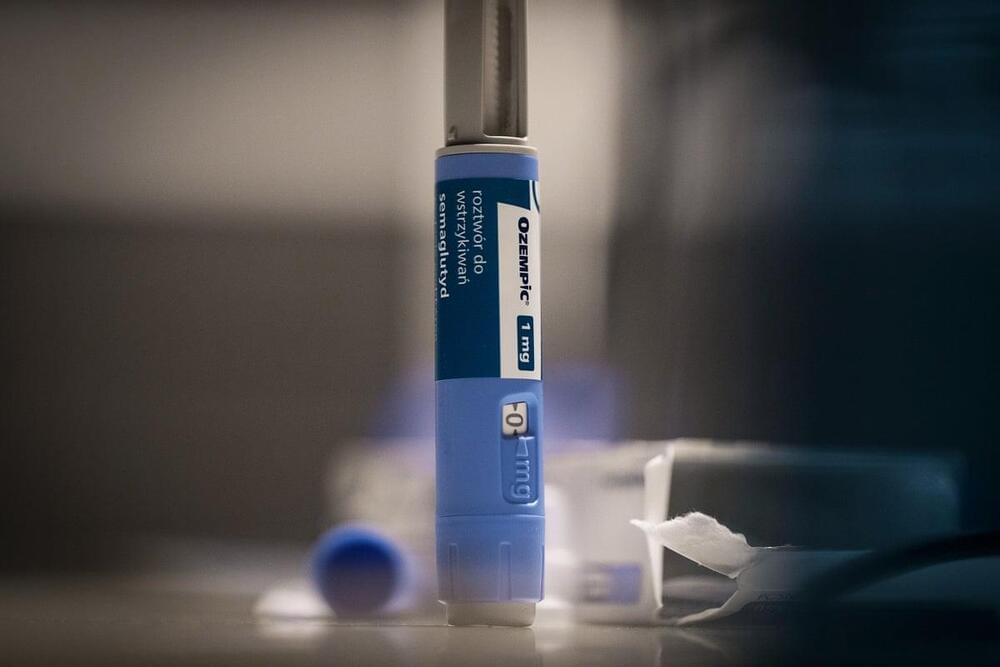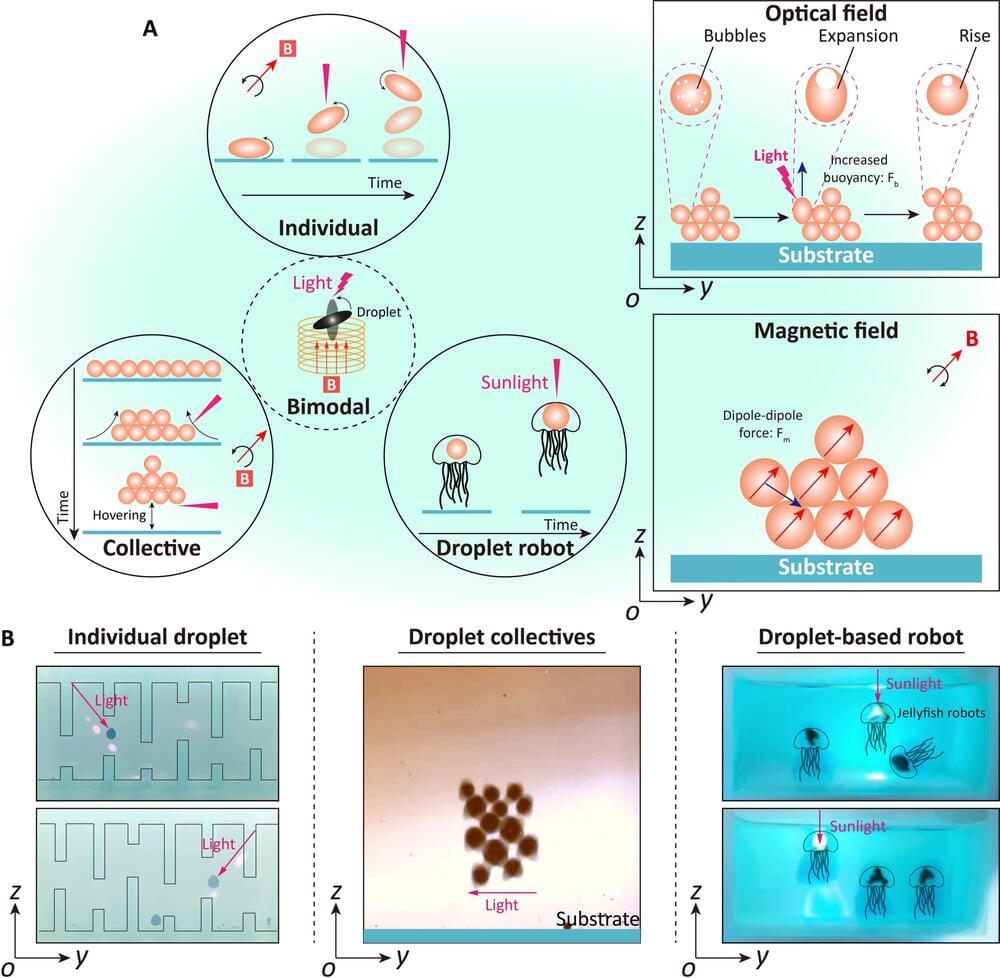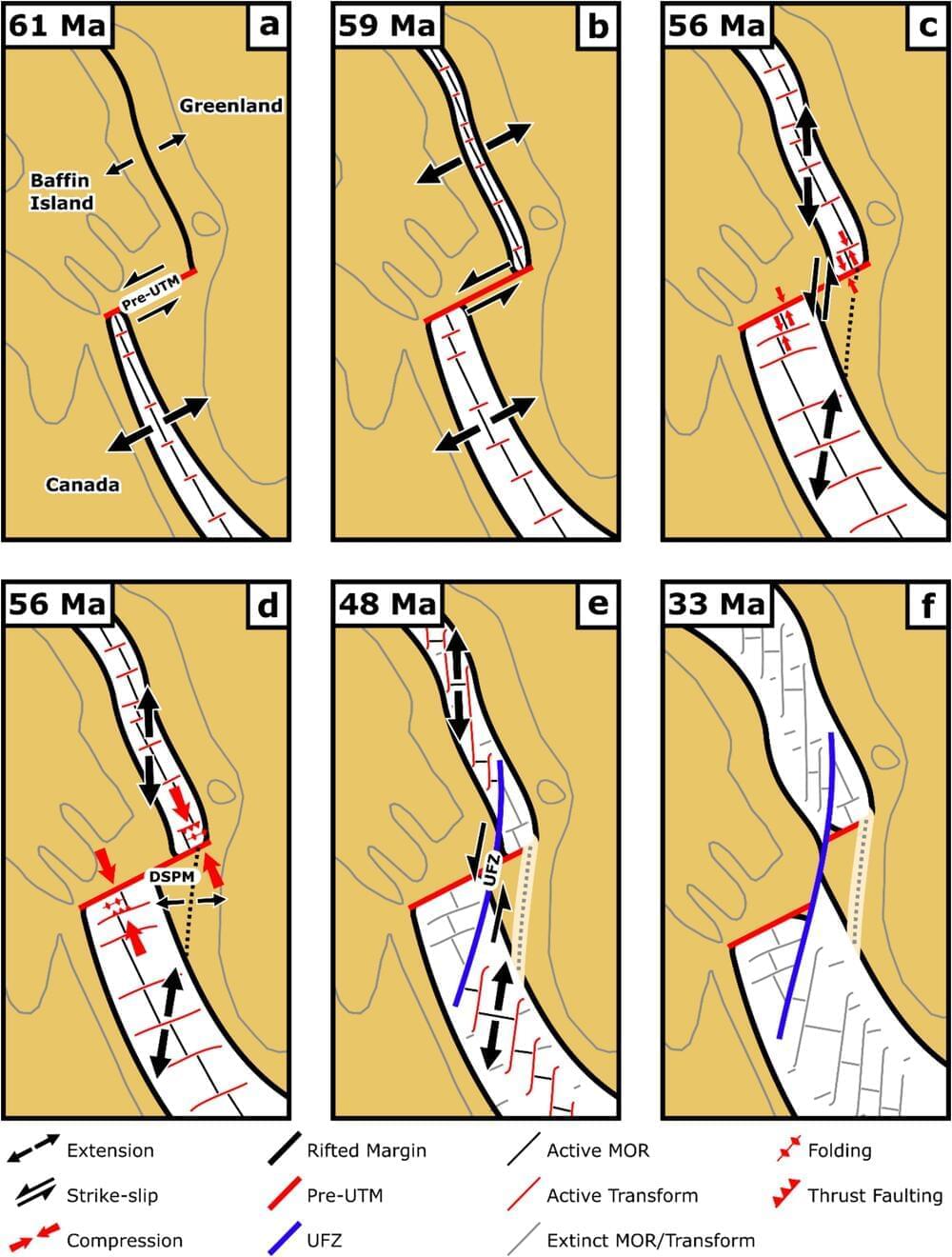Michael Graziano’s keynote at MESEC 2023 WinterSchool about the Attention Schema Theory (AST). Included topics: attention, attention schema, body schema, modeling vision and attention, illusionist For more information: https://mesec.co/paradigms
Get the latest international news and world events from around the world.

How Silicon Ring Resonators Are Rewriting the Rules of Quantum Computing
A breakthrough in integrated photonics has allowed researchers to harness light manipulation on silicon chips, paving the way for improved quantum computing and secure communications.
They developed compact silicon ring resonators to manage 34 qubit-gates and established a novel five-user quantum network.
Quantum Leap in Integrated Photonics.

What’s the Secret behind Ozempic’s Sweeping Health Benefits?
Ozempic, Wegovy and other GLP-1 drugs are being investigated as treatments for many health conditions—from dementia to addiction to kidney problems.
TIMELAPSE of Future Space Stations (Sci-fi Documentary)
What happens when humanity begins living in space, building larger space stations, and creating a purely space based economy. Space drones will deliver goods between stations, farming stations will grow food, and space hotels will host celestial events and viewing parties for eclipses and welcoming parties for spaceships returning from Mars.
This sci-fi documentary takes a look at the future of space stations and space technology, starting with the retiring of the International Space Station, and ending with the construction of the largest rotating ring world space station, with its own atmosphere and lakes that evaporate creating clouds and rain.
Other topics in this video include: stealth based technology and metamaterials, the future of Starship Mark 2, cryo refuelling in space, Moon space stations, the Mars Colony, asteroid mining station, future space telescope stations, design concepts, and cryo sleep.
–
PATREON
The short video \.

Something in space has been pulsing every 22 minutes for at least 35 years
Researchers reported the discovery of a new cosmic conundrum. The new object, GPM J1839-10, operates similarly to a pulsar, emitting frequent bursts of radio radiation. However, the physics that drives pulsars dictates that they would cease generating if they slowed too much, and practically every pulsar we know of blinks at least once every minute.
GPM J1839-10 has a pulse interval of 22 minutes. We don’t know what type of physics or things can power it.

Researchers use light to control ferrofluid droplet movements in water
A team of engineers at the Max Planck Institute for Intelligent Systems, the Chinese University of Hong Kong and the Gwangju Institute of Science and Technology has found that ferrofluidic drops in a tank of water can be forced to rise in desired ways using light. The study is published in the journal Science Advances.
Prior research has shown that ferrofluid droplets can be manipulated in water using a magnet. In this new study, the research team has shown that they can be manipulated by a light source as well.
Ferrofluid droplets are made by immersing magnetic particles in a drop of oil. Prior research has shown that they can be made to travel across a flat surface by dragging a magnet beneath them. If the droplets are heated, bubbles held inside of them expand, making the bubble bigger and more buoyant.


Quantitative Justice: Using Data Science for Good
For the past several years, I have been closely involved with the Institute for the Quantitative Study of Inclusion, Diversity and Equity (QSIDE). This nonprofit organizes events and facilitates research in quantitative justice, the application of data and mathematical sciences to quantify, analyze and address social injustice. It uses the community-based participatory action research model to connect like-minded scholars, community partners, and activists together. Recently, QSIDE researchers met virtually in a Research Roundup to share our progress. Hearing all the incredible work that QSIDE has spawned and supported prompted me to reflect on the role that the group has played in my budding career and the ways in which the institute itself has grown since its founding in 2019.
Like many PhD candidates, my final year of graduate school was rife with burnout and uncertainty about post-graduation plans. Add to this mix a global pandemic, social isolation, and confinement to the same one-bedroom dwelling for the last year plus and you get a stew of anxiety. I was approaching my mental limit on the research I had been conducting, somewhere at the intersection of data science and fluid dynamics. While the problem I had been working on for my thesis was interesting, I was ready for a major change. I couldn’t picture myself in the usual post-graduate tracks: a post-doc at an R1 institution or working for a Big Tech company. These careers felt hyper-competitive, a turn-off during a period of significant burnout. I also couldn’t see their direct positive impact, which felt acutely important in this time of global social disarray.


New incompletely rifted microcontinent identified between Greenland and Canada
Plate tectonics are the driving force behind Earth’s continental configurations, with the lithosphere (oceanic and continental crusts and upper mantle) moving due to convection processes occurring in the softer underlying asthenospheric mantle. Many earthquakes, volcanic eruptions and mountain formations are direct consequences of the movements of these globe-spanning plates, particularly at their margins.